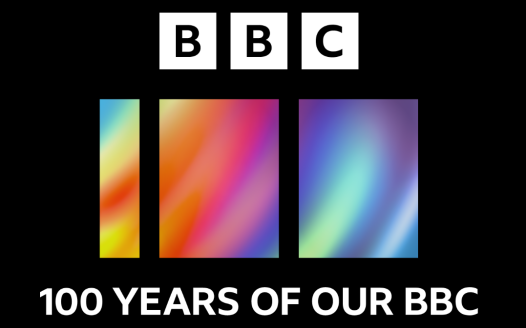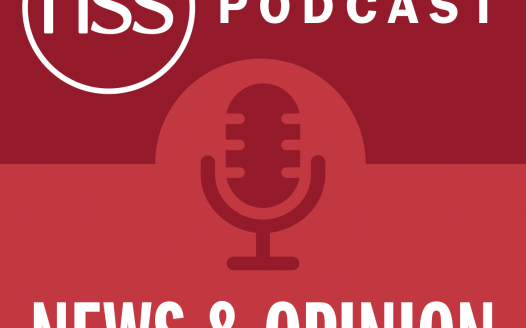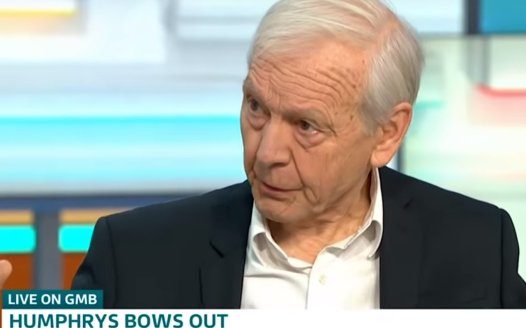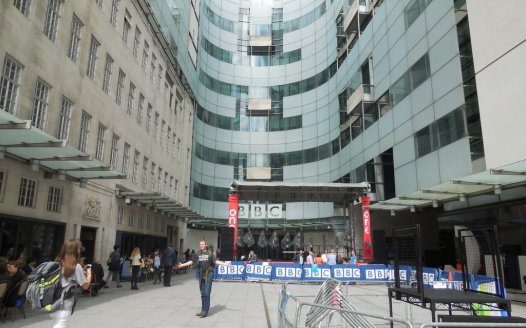BBC to review its coverage of religion as part of “impartiality review”
Posted: Thu, 11th Oct 2012
The BBC has announced that it is to review the way it covers religion as part of a wider inquiry into its adherence to impartiality guidelines.
Lord Patten, chairman of the BBC Trust, said this week that the review had been prompted by accusations that the BBC's coverage of world and religious events was not always impartial.
"It's an acceptance that these are areas where people are particularly concerned that we should get it right," Patten told a Broadcasting Press Guild lunch in London. "We've been criticised in those areas and we think it's very important to listen to that criticism, not necessarily because it's right but because it reflects real and interesting concerns."
The independent investigation into the Corporation's coverage of religion, immigration and Europe will be led by former ITV chief executive Stuart Prebble. He will probe whether the BBC gives due weight to opinions in controversial topics – including "Islamophobia" and the EU.
The inquiry will examine whether editorial decisions to include or omit certain perspectives from news coverage have been carefully reached and with consistent judgment across the corporation.
Prebble will investigate whether "due weight" has been given to a range of opinions, but the BBC Trust stressed that minority views should not necessarily be given equal prominence as the prevailing consensus.
Terry Sanderson, President of the National Secular Society – which has been highly critical of the BBC's deferential approach to religion – said: "It is not clear what aspects of religious coverage this review will tackle, but I think it may concentrate on the way the so-called Arab Spring was reported. We hope that this will not be the limit of what is examined."
Mr Sanderson said that the Thought for the Day controversy should be re-assessed as part of this review. He also called for the reporting of Robert Piggott, the BBC's religious affairs correspondent, to be looked at. Mr Piggotts's overly deferential approach to religious controversy brings many complaints to the NSS as well as the BBC
Mr Sanderson continued: "The BBC's coverage of the papal visit in 2010 was a prime example of how the corporation gets it wrong in its approach to religious issues. The coverage was disgracefully fawning and wholly disproportionate. Opinion polls showed overwhelming apathy for the visit, making the wall-to-wall coverage over TV and radio completely unjustifiable."
The Pope's arrival was preceded by a visit by the BBC's Director-General, Mark Thompson to the Vatican to plan this jamboree. Mr Thompson is a high profile Catholic, as is the chairman of the BBC Trust, Lord Patten, who acted as spokesman for the papal visit on Newsnight, a performance that can hardly be called impartial.
"Our fear is that the BBC is going to respond to pressure from the Church of England and others for more emphasis on religion on our national broadcaster ", continued Mr Sanderson. "But the corporation already has a dedicated "religion and ethics" department which costs more than £10 million a year to sustain. Its own research shows that the audiences for religious programmes are so small they often cannot even be measured.
"Let us hope that this inquiry will accept that religion is very much a minority interest in Britain and the BBC should let its coverage reflect that."







